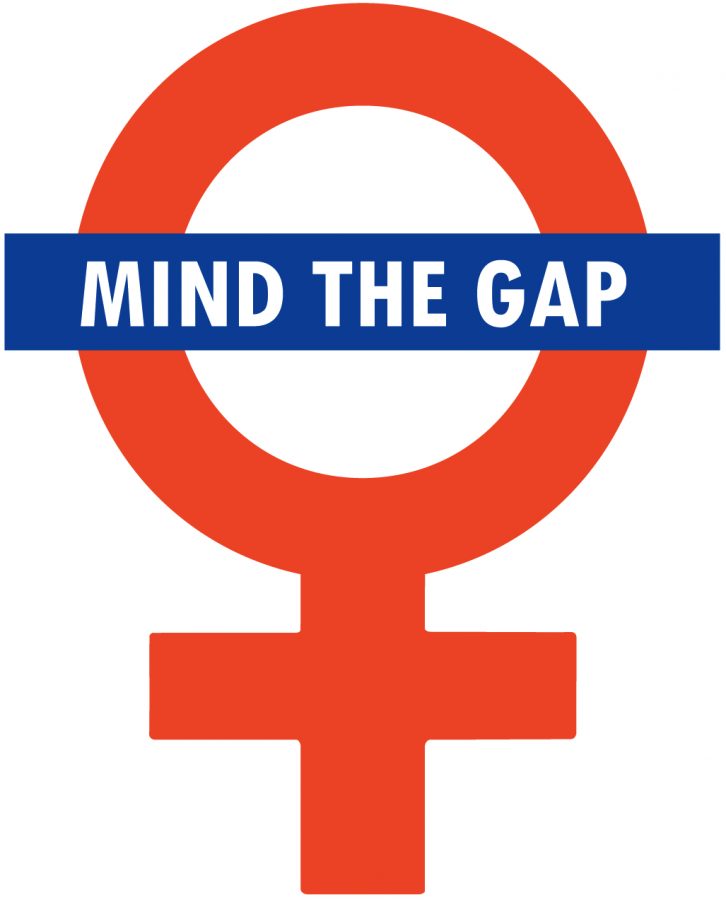In honors of Women’s History Month, Baruch College hosted a workshop called “Strategies for Salary Negotiation” led by Deb Ellis, founder and consultant of End the Pay Gap, on March 21.
Ellis gave instructions and suggestions on how to negotiate salaries, bonuses and other job benefits. The gender pay gap persists and women earn 77.9 cents for every dollar earned by men.
The earnings ratio for 2017 between men and women’s median earnings was 80 percent, and the median salary for women is roughly 22 percent lower than the median salary for men in 2018. This is a slight improvement from 2016, during which it was 24 percent.
There are relatively few women at the top because men move into higher level roles at significantly faster rates than women, and by mid-career, men are 70 percent more likely to be in executive roles than women, the workshop noted. By late career, men are 142 percent more likely to be in VP or C-suite roles.
“Negotiation is a conversation,” Ellis said. “There is economic evidence that women negotiate less than men but if they do, they would be as successful as men are at obtaining higher salaries, so I love to teach women that they should negotiate and try to encourage them to negotiate.”
“I think it’s distressing that it still hasn’t changed; it’s been so long and there has been very little movements but I think we as women should be advocating more enforcements in pay laws,” Ellis said.
Career disruptions also impact wages because if women leave the workforce to be temporary caretakers, the period of unemployment contributes to the unequal pay gap.Some strategies taught by Ellis to bridge the gap were to research the standard salary of the company and learn how that specific company does its salary structure, whether that includes bonuses or any other benefits.
Ellis explained that one should figure out their budget and think about if the offer is enough for their cost of living and expenses.
They should then identify the employer’s interest and find a way to contribute back to the company. She made it clear to not ask for 20 percent more than the offer and ask for signing bonuses instead, that one should negotiate for what they need to succeed in the job.
“Strategize and research before you give any numbers,” said Ellis. “Be comfortable with silence and don’t negotiate against yourself.”
Ellis emphasized that it is better to do negotiations in person or via a video call rather than on the telephone or in writing because facial expressions are sincerer and it is harder to say “no” in person. She also said to always be careful with the range one gives and to ask for more.
The worst you will get is a “no.” There is nothing wrong with trying and practicing.
“As a black woman myself, I found out that I make 68 cents to the average dollar of a white man and that was really shocking because I could be in the same career as a white man and I could be getting paid less for the same work,” said senior Tiannis Coffie.
“It is essential that we learn to negotiate.”








